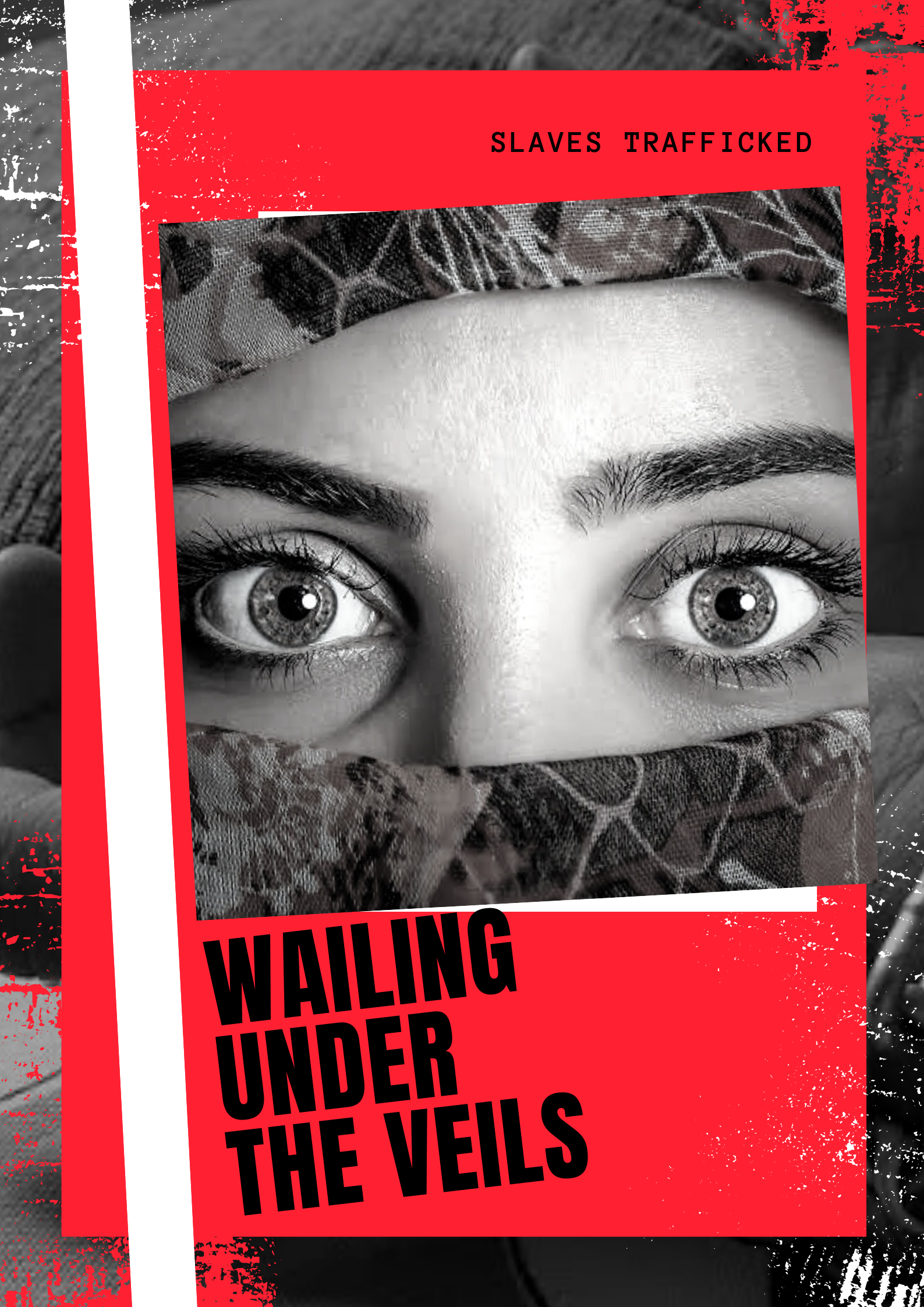Imagine being confined to four walls 24/7 and treated like an animal. Where serving your owners is the only task and opposing them would lead to catastrophic results. How unlikely it sounds in today's world of justice where big organisations stand firm to guard human rights? But what if I tell you that there are people trafficked into this kind of slavery even today. And it starts not too far from your home.
Amjed Ullah Khan speaking to ETV Bharat Also Read: SC defers lifting construction ban in national capital, except for Pragati Maidan




